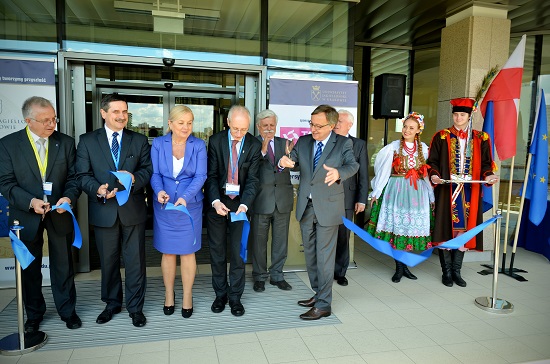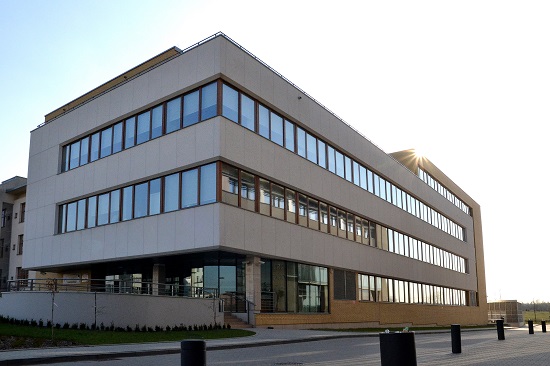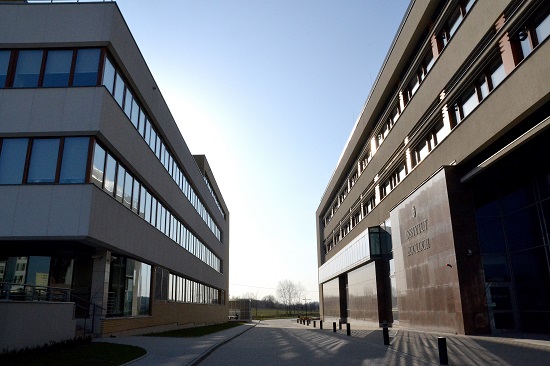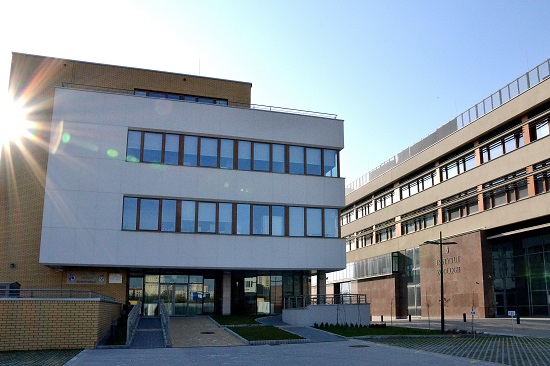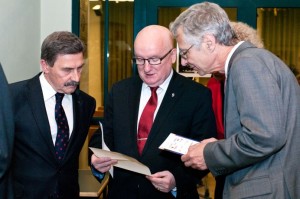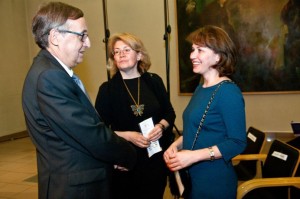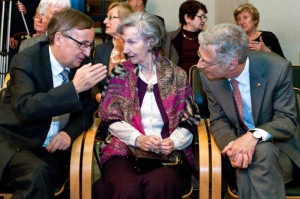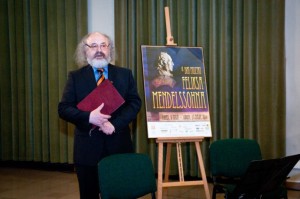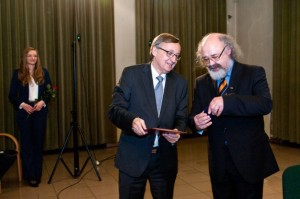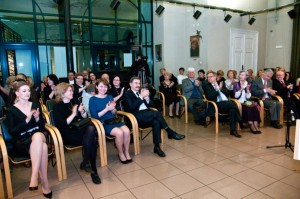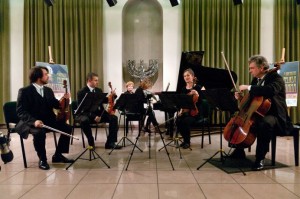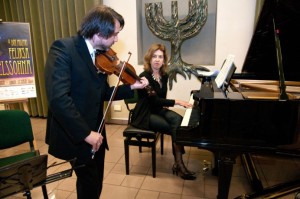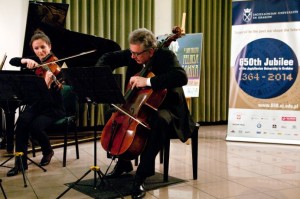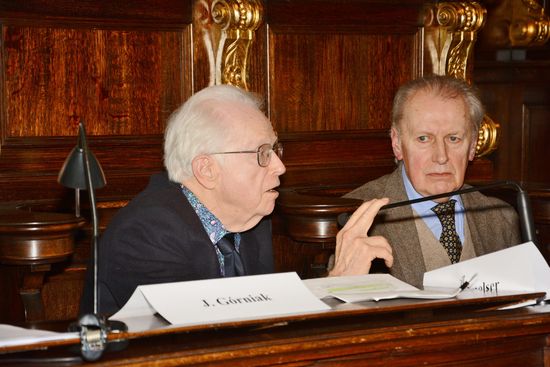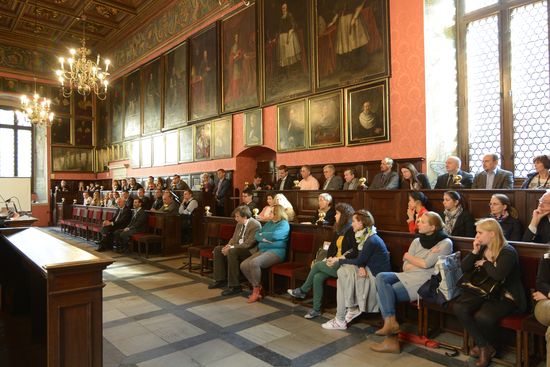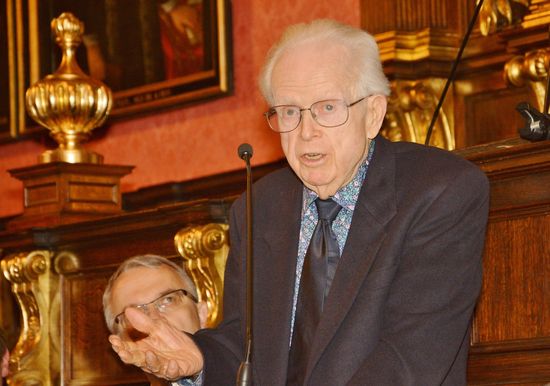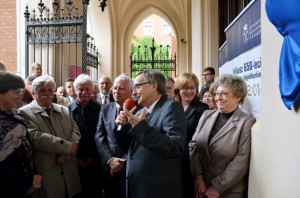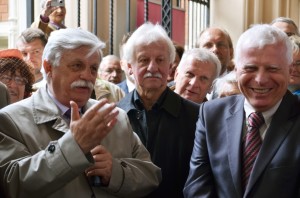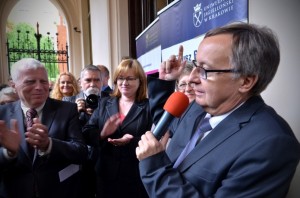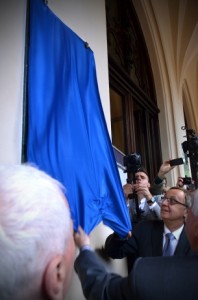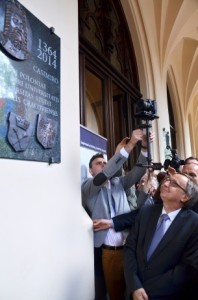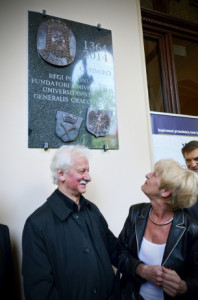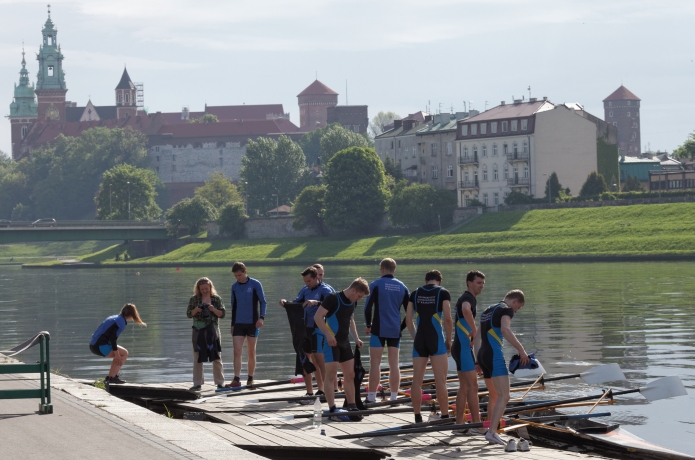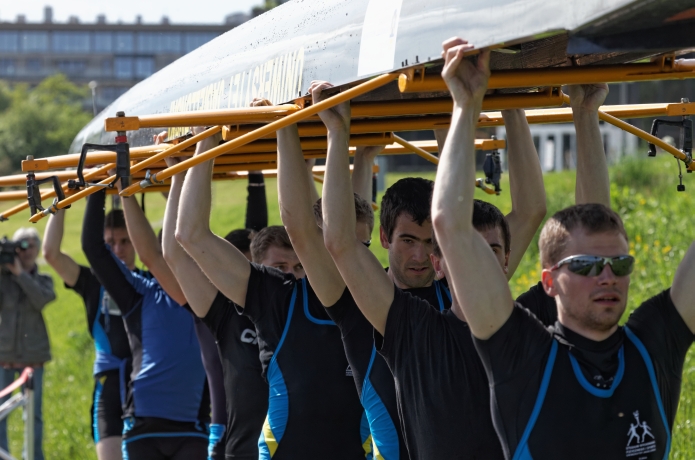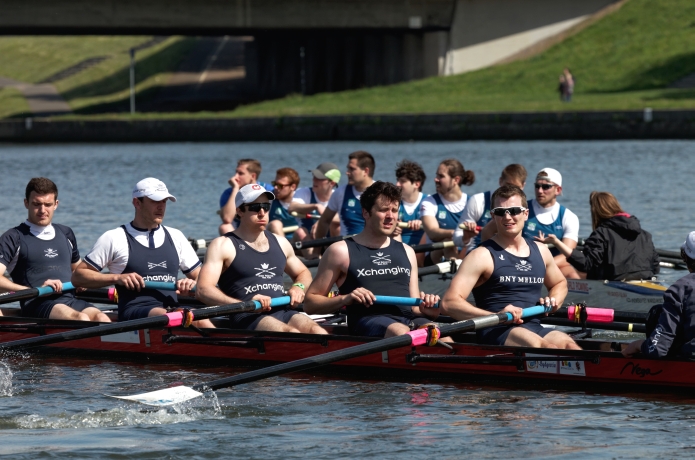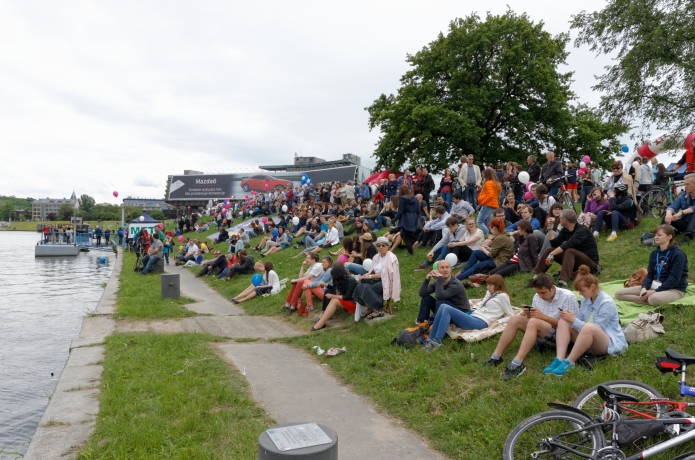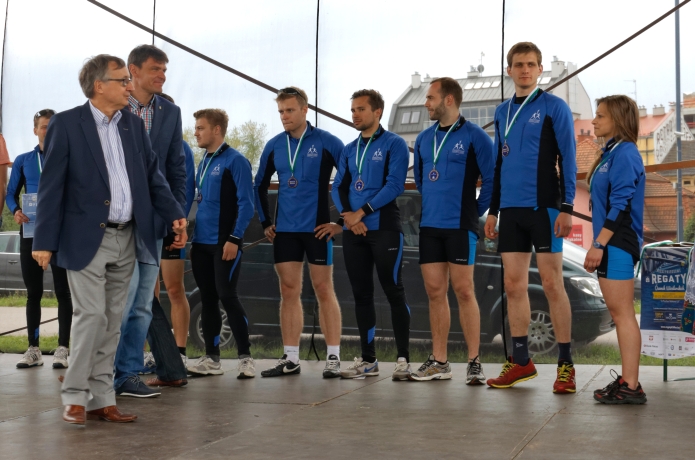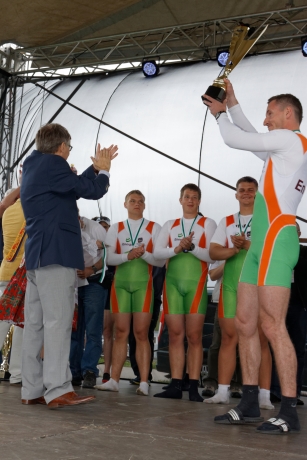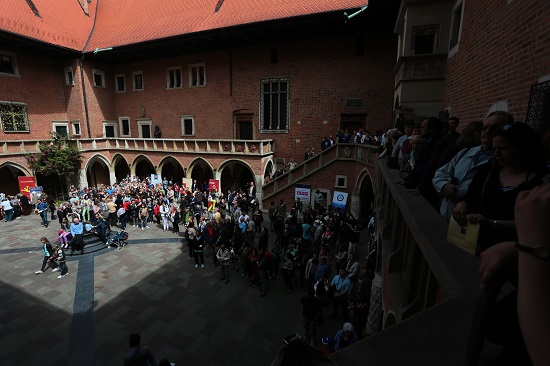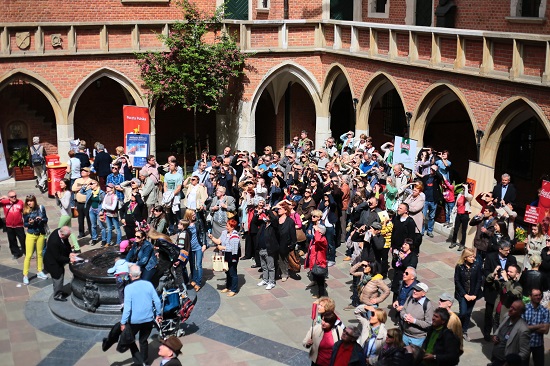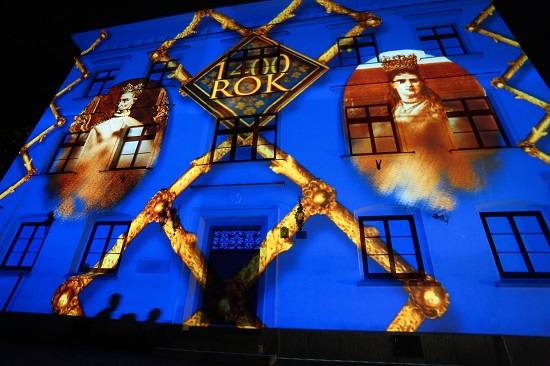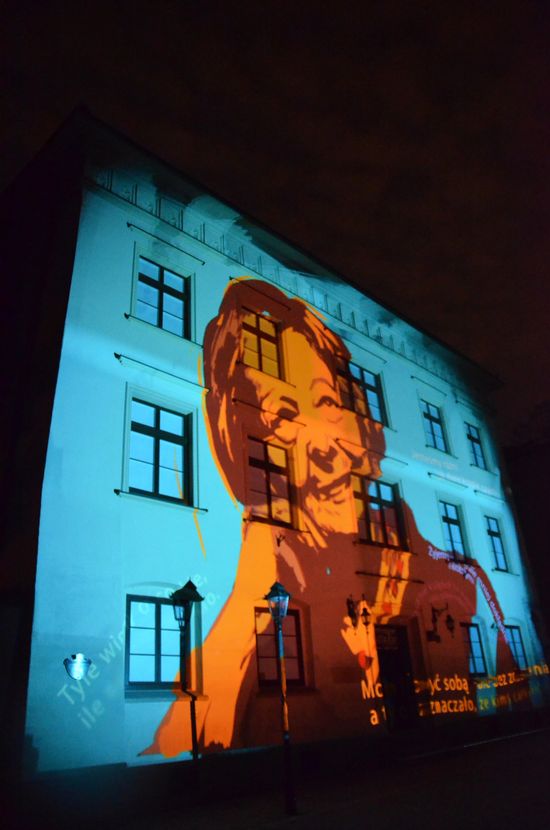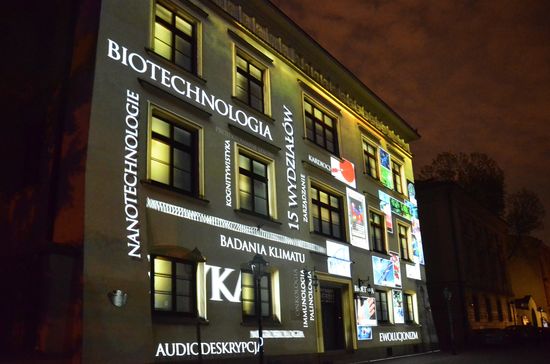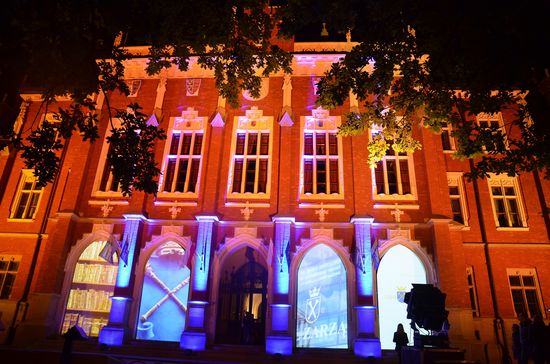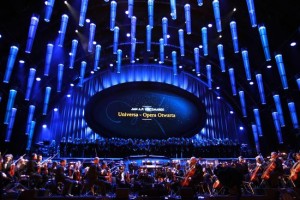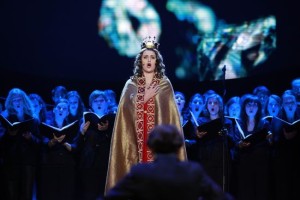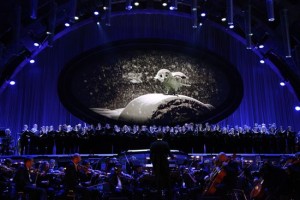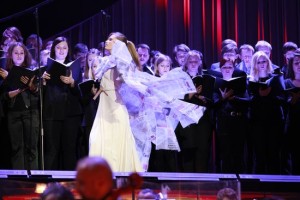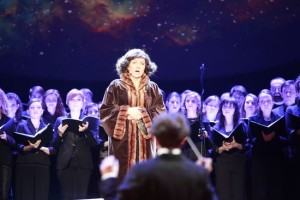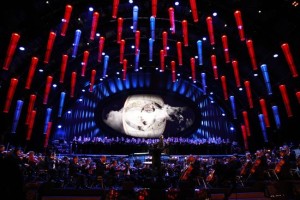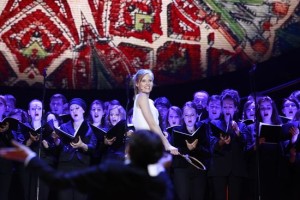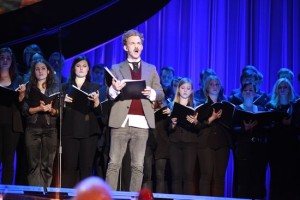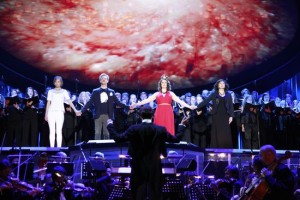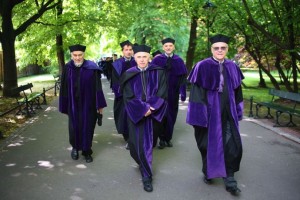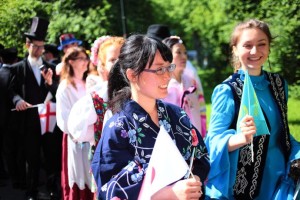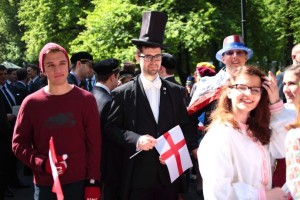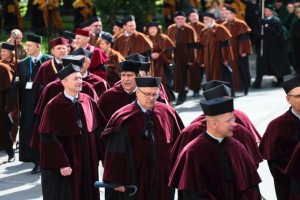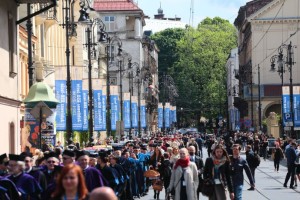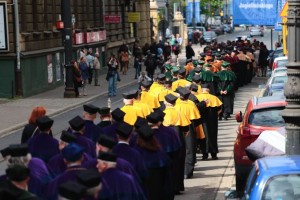On 10 May at noon, a special session of the Jagiellonian University's Senate began at Auditorium Maximum to celebrate the 650th Jubilee of the Jagiellonian University in Kraków.
President of the Republic of Poland, Bronisław Komorowski, and Minister of Science and Higher Education, Prof. Lena Kolarska-Bobińska, honoured the academic community with their presence. Jagiellonian University Academic Choir inaugurated the session with the song "Gaude Mater Polonia."
In his opening speech, Prof. dr hab. med. Wojciech Nowak, JU Rector, stated that thanks to the wise decision of King Casimir the Great, who founded the University in 1364, Poland became one of the first countries in Europe to have its own higher academic institution, which educated both Polish and foreign students. King Casimir's legacy is an enlightened Poland, its future bright because of its brilliant students. Rector emphasised that the current situation of the country is a fulfilment of the King's dream: an independent state in a united Europe. He also expressed his belief that the 21st century poses many challenges which the university needs to overcome.
President Bronisław Komorowski emphasised the fact that throughout the history of Poland, the University always was a bastion of Polish free thought, independence, culture and national identity. He expressed his hope that the University will remain a beacon of wisdom that strengthens the entire nation.
The Rector then read a letter from Pope Francis I, in which the current pope recalled the words of John Paul II, directed towards the University.
The President of the European Comission, Jose Manuel Barroso, also took part in the session. Prof. Wojciech Nowak presented him with the gold Plus ratio quam vis (Reason before Force) medal in honour his efforts to create a common, united Europe. Prof. Karol Musioł, former JU Rector, delivered a speech of commendation for Mr. Barroso.
Mr. Barroso stated that the motto Plus ratio quam vis may also be applied to the European Union, since it promotes wise decisions that benefit the entirety of human civilisation. In his speech, he quoted Maria Skłodowska-Curie and Wisława Szymborska.
Several other distinguished guests also addressed the representatives of academic community:
Prof. dr hab. Lena Kolarska-Bobińska, Minister of Science and Higher Education,
Prof. Stephen C. Dunnet, Vice-Provost for International Education University in Buffalo,
Prof. dr hab. Wiesław Banyś, President of the Conference of Rectors of Academic Schools in Poland,
Mr. Dawid Kolenda, Head of the JU Student Government.
After that, Mr. Marek Sowa, Marshall of the Małopolskie Voivodeship, and Mr. Kazimierz Barczyk, President of the Małopolskie Voivodeship Sejmik, presented the Rector with a gold Medal of Merit of the Małopolskie Voivodeship, awarded to the University.
These were not the only significant moments of the session. Prof. Robert Huber, Nobel Prize Laureate in Chemistry, and Prof. Witold Kieżun, economist and management theorist, received an honorary degree from the University.
The session ended with Polish National Anthem.
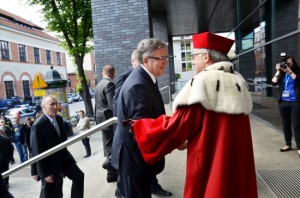
Uroczyste posiedzenie Senatu UJ
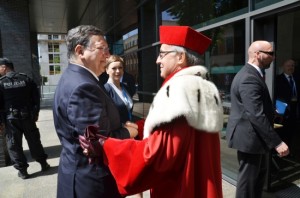
Uroczyste posiedzenie Senatu UJ
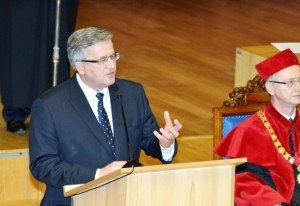
Uroczyste posiedzenie Senatu UJ
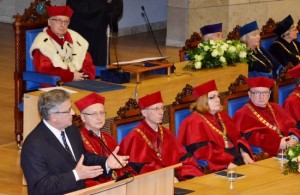
Uroczyste posiedzenie Senatu UJ
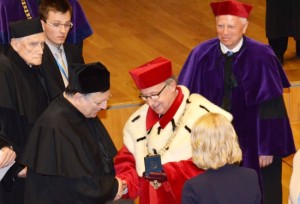
Uroczyste posiedzenie Senatu UJ
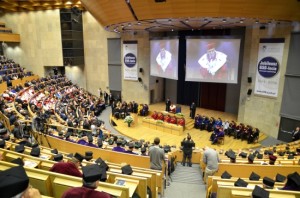
Uroczyste posiedzenie Senatu UJ
fot. Anna Wojnar
